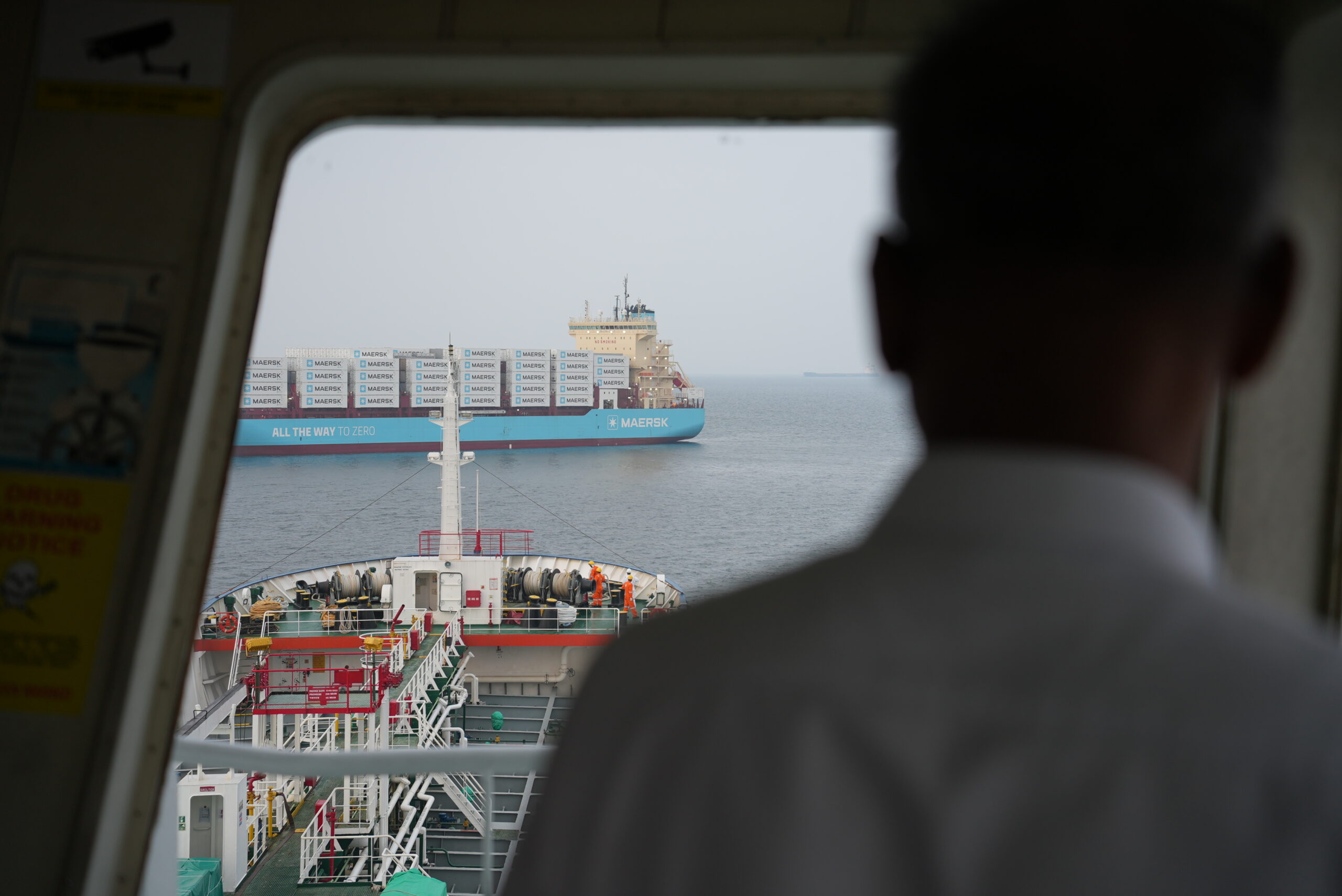By Bashir Lebada, CEO of OCI Methanol
The FuelEU Maritime Regulation sets ambitious requirements for greenhouse gas (GHG) emission reductions and will support the decarbonization of the maritime sector by increasing consistent use of green and low carbon fuels.
Its formal adoption as part of the regulation on sustainable maritime fuels (SMF) is an important message for the shipping industry, which is responsible for 80-90% of global trade and 3% of annual GHG emissions on a CO2 equivalent basis. Owners of vessels of 5,000 gross tonnes and above now have clear requirements to limit the annual GHG intensity of the energy used on board a ship in or between EU ports by 2% by 2025, 6% by 2030 and 80% by 2050 (compared to a 2020 baseline).
Solutions for a cleaner today
Investment in low carbon fuels is a clear solution to meet new regulation. And under the agreement, which is now going through final legislative approvals, reductions in GHG emissions using renewable hydrogen and ammonia would be counted twice – once towards the overall GHG reduction targets for the shipping sector, and again towards the separate target for the renewable fuels – a great incentive for shipowners.
Sustainably produced methanol and ammonia are recognized as the best sustainable alternative fuel solutions for shipping. Their versatility and emissions reduction potential make them the most viable options for ship operators to reduce their environmental footprint in the short time frame needed. Both can be used in various forms of marine propulsion systems, such as fuel cells, internal combustion engines, and turbines, and can be produced from renewable energy sources like wind, solar and renewable feedstocks including waste.
Of the two solutions, green methanol is available today, while low carbon and green ammonia remains a longer-term option. Last month, OCI announced we are fueling the first ever green methanol powered container ship, providing ISCC certified green biomethanol to power the maiden voyage of A.P. Moeller Maersk’s first dual-fueled container ship. Through our HyFuels brand, OCI is the world’s largest producer of green methanol, and the journey shows our unique capacity to supply marine customers with green methanol solutions in major global bunkering locations and supports green methanol as the leading choice today for the decarbonization of the maritime sector.
The journey demonstrates the viability of green methanol to be used as fuel today, and based on current orders for vessels, demand for methanol as a green marine fuel is expected to be more than 4 million tonnes per year by the mid-2020s.
Investing in infrastructure
Thanks to existing global infrastructure that can support increased methanol and ammonia production quickly, suppliers will be able to quickly bring production up to scale to meet the coming demand from the shipping sector. OCI has invested in this infrastructure in anticipation of the expected ramp-up in demand for low carbon fuels.
OCI is planning a significant uplift in green methanol production, at its facilities in both the US and Europe. Today we produce green methanol from renewable and circular feedstocks such as renewable natural gas from digesters, landfill and cellulosic biomass waste, but there a number of production processes that can be used to make green methanol, which is good news to build demand at scale.
Moving forwards, OCI is exploring production from the different processes, including gasification and the use of renewables. We see a future where both biofuels and e-fuels have a place in shipping, but for now biofuels are the solution available at commercial scale. And with more than 600 MT of biogenic CO2 from industrial sources available in the US and Europe alone today, biofuels can scale quickly.
Meanwhile, we are also preparing for the future adoption of ammonia. Through our facilities at the Port of Rotterdam, the main crossroads of global logistics, OCI can provide EU maritime transport with more green ammonia than ever before. In 2022 we announced the expansion of ammonia throughput capacity in the Port of Rotterdam, alongside a partnership with NortH2 that will see the development of the first large-scale green ammonia and methanol value chains in the Netherlands.
Projects like this are needed to create the supply to meet the expected demand, as the marine sector shifts towards clean fuels to meet the FuelEU requirements. But stronger global regulations are essential to accelerate the shift worldwide. Setting clear regulation like FuelEU Maritime sends a strong signal to the shipping industry that the transition to a low-carbon future is inevitable, investment is worthwhile, and companies must adapt quickly to remain competitive.
This article was first published in H2 View on 13th July 2023
